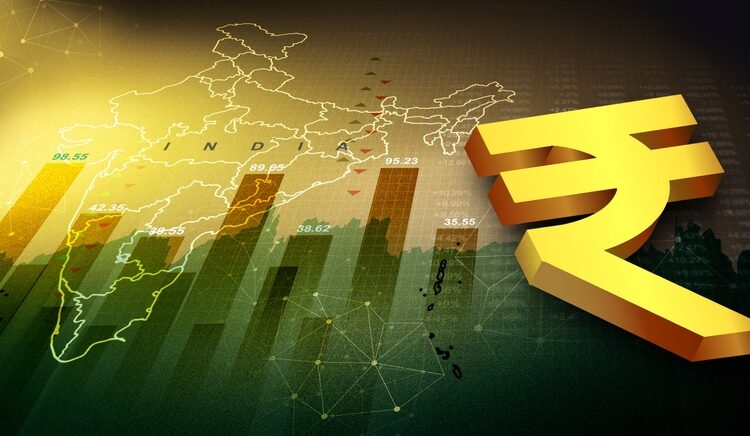Introduction
(This analysis is based on the discussions at a closed-door roundtable discussion organised by IEEFA, along with The India Climate Collaborative, at COP28 in Dubai)
Global energy transition ambitions rely heavily on the climate trajectory taken by emerging markets and developing economies (EMDEs). If the Global South economies do not invest in accelerating energy transition in their respective jurisdictions, worldwide efforts to tackle climate change will hit a major obstacle. Clean energy investments in EMDEs need to more than triple from US$770 billion in 2022 to US$2.2-2.8 trillion per year by the early 2030s to help them reach their energy and climate goals.[1] Around 60% of this will need to come from the private sector.
Blended finance is an effective mechanism for strategically deploying development finance to address challenges like lack of infrastructure or high upfront costs, making energy transition projects financially viable and appealing to private investors. Hence, blended finance operates as a market-building instrument that helps to attract commercial finance.
Over half (US$109 billion) of global blended finance deals to date have tackled climate change, as per Convergence, a fry cry compared to capital needs for the global energy transition.[2] While most deals have happened in EMDEs, the transactions concentrated on Sub-Saharan Africa (SSA) (48% of transactions between 2020-2022), followed by Latin America and the Caribbean (24%). Hence, there is a need to scale up the quantum and diversify blended finance mechanisms across global south economies.
The clean energy transition brings significant opportunities but also several challenges. On one hand, it holds immense economic potential for communities across the globe. On the other hand, if not managed equitably, it could disproportionately burden vulnerable populations with high costs and unequal benefits. This will impact the livelihoods of at-risk communities and millions of people working in carbon-intensive industries. Hence, any energy transition has to be just and consider the negative social and environmental externalities it will have on people.
In this context, raising blended finance for financing just energy transition in emerging economies gains significance.
Footnotes:
[1] International Energy Agency. IEA-IFC Joint Report Calls for Ramping Up Clean Energy Investments in Emerging and Developing Economies. 21 June 2023.
[2] Convergence. State of Blended Finance 2023. 25 October 2023.

















